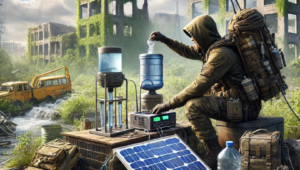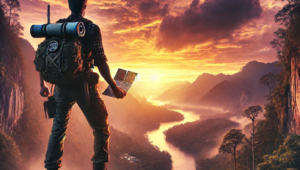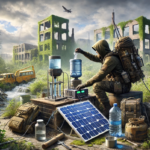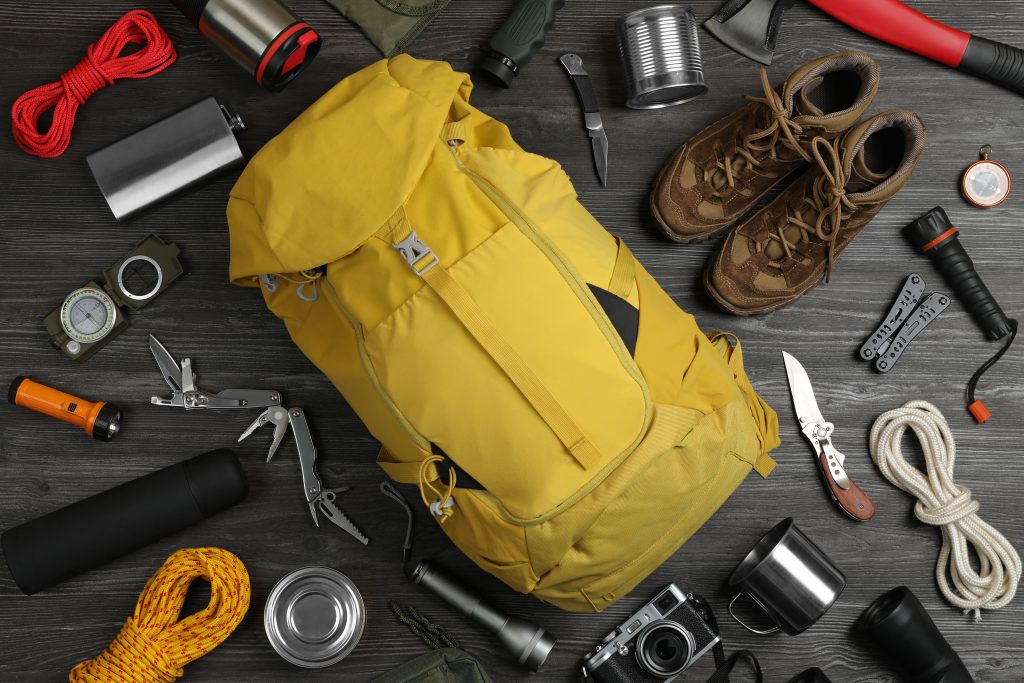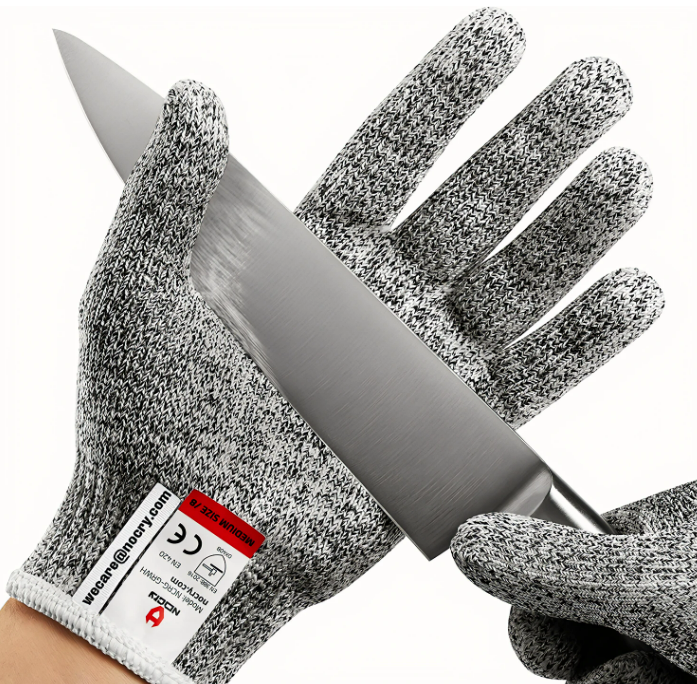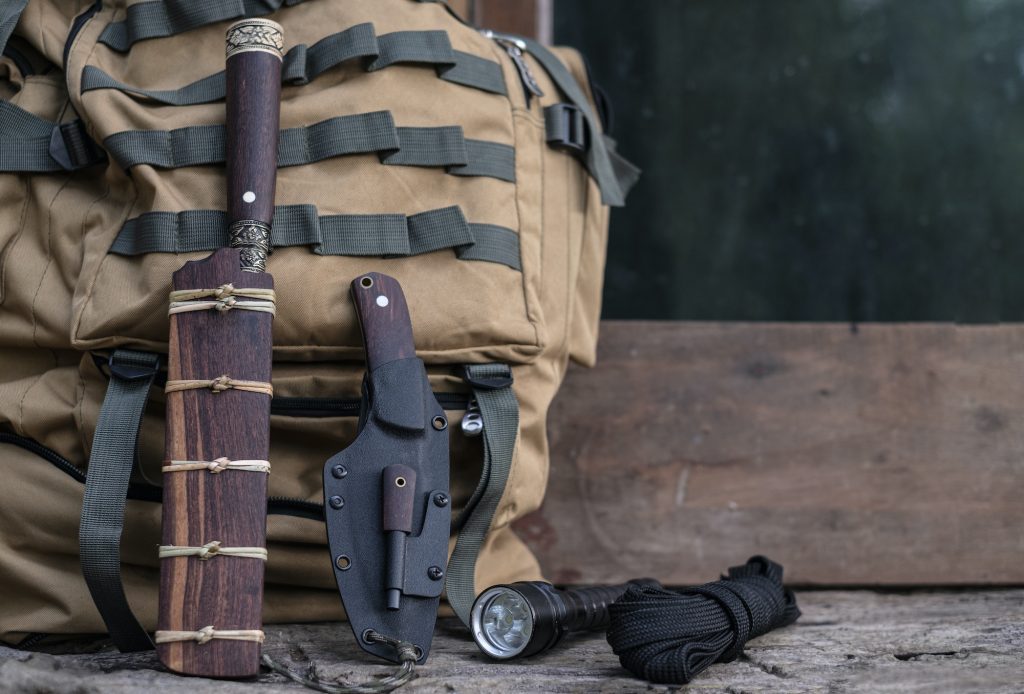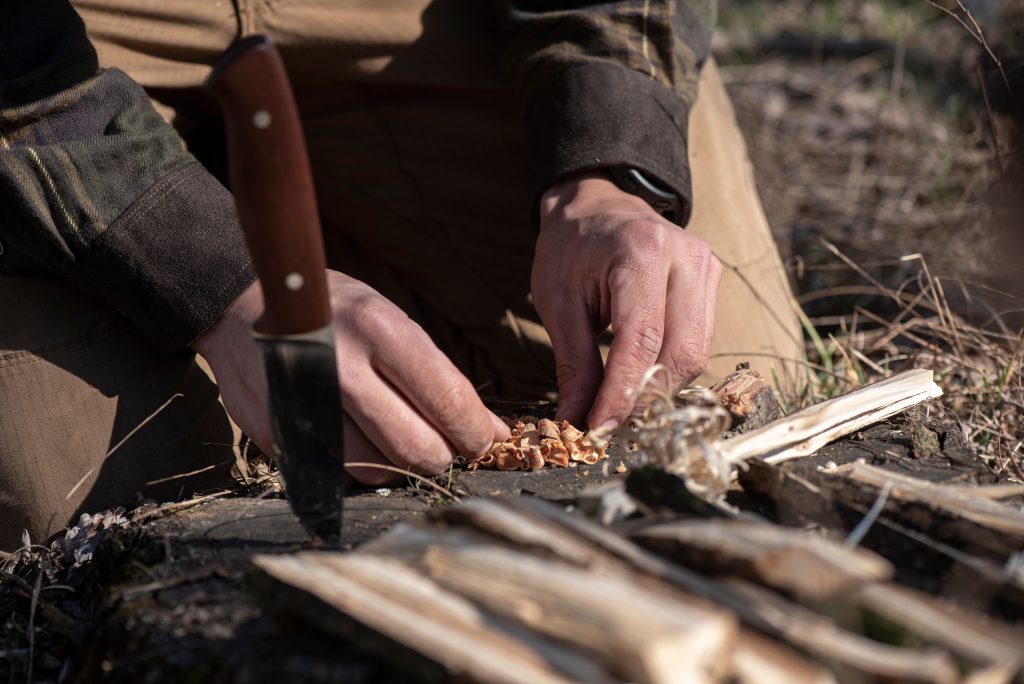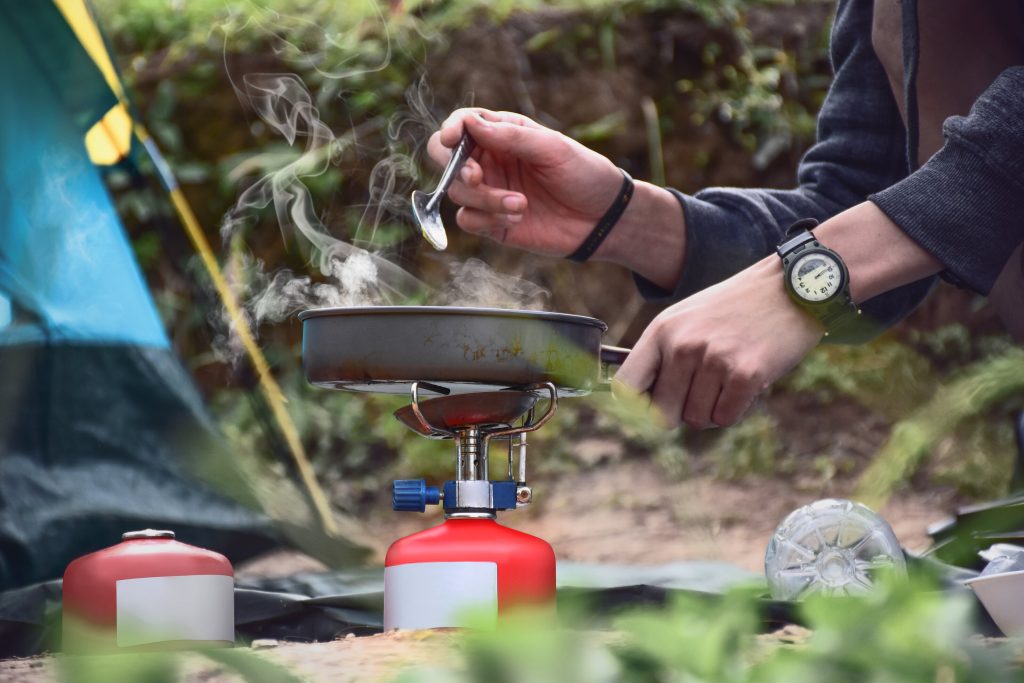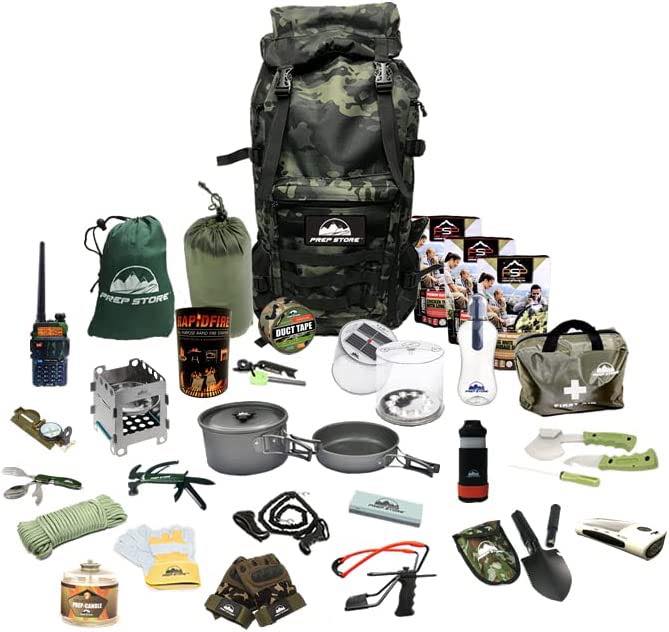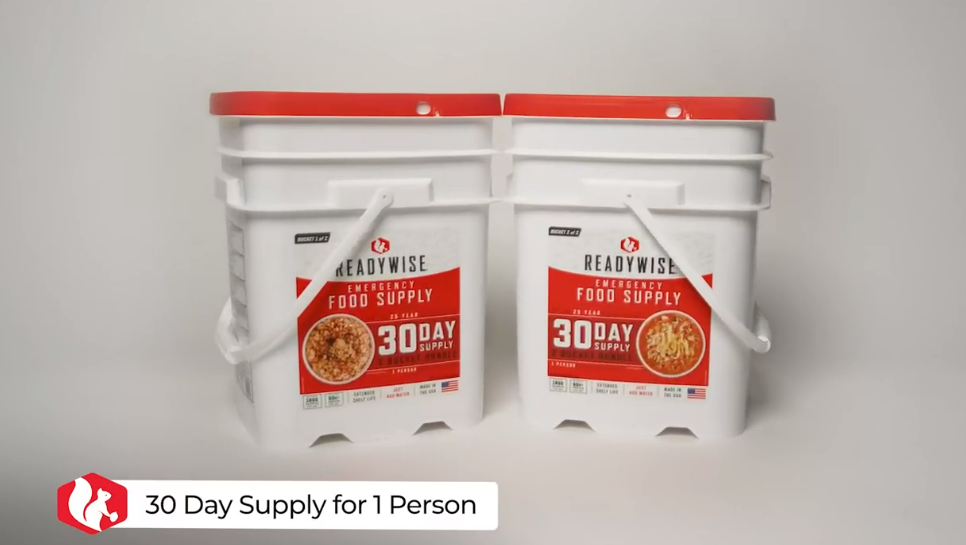In today’s unpredictable world, emergencies and crises can arise without warning. Natural disasters, power outages, or unforeseen societal disruptions highlight the importance of being prepared. While survival kits and emergency supplies provide critical resources, having the right skills can make the difference between panic and decisive action. Learning survival skills equips you to protect yourself, your loved ones, and even others in need. Here, we’ll delve into essential survival skills, share actionable tips, and explore statistics to underscore their importance.
Why Survival Skills Matter
Emergencies happen more frequently than many realize. In 2023 alone, the U.S. experienced 23 separate billion-dollar weather and climate disasters, costing lives and resources (NOAA). Knowing what to do during a crisis can dramatically improve outcomes. Studies show that up to 60% of disaster-related deaths could be avoided with adequate preparation and response skills.
When you acquire survival skills, you:
- Increase self-reliance and resilience.
- Reduce stress during high-pressure situations.
- Become an invaluable resource to others.
Core Survival Skills You Need to Learn
1. Building a Shelter
Exposure to the elements can lead to hypothermia or heat exhaustion, which can be life-threatening. In extreme conditions, a person can succumb to hypothermia in less than an hour.
Key Tips for Building a Shelter:
- Natural Materials: Use branches, leaves, and other available materials to create insulation.
- Location Matters: Choose high ground to avoid flooding and avoid areas with loose rocks or dead trees.
- Quick Solutions: Learn to use a tarp or emergency blanket to create a makeshift shelter.
2. Finding and Purifying Water
Humans can survive three weeks without food but only three days without water. Contaminated water, however, can cause severe illnesses like cholera or dysentery, leading to dehydration.
Steps to Ensure Safe Water:
- Locate Water Sources: Look for streams, rivers, or rainfall.
- Purification Methods: Learn to use water purification tablets, boil water, or use portable water filters.
- DIY Techniques: Understand how to create a solar still or use a cloth to collect dew.
3. First Aid and Medical Skills
In emergencies, professional medical help may not be immediately available. Knowing first aid can save lives.
Critical First Aid Skills:
- CPR: Cardiac arrest survival rates increase by 2-3 times when bystanders perform CPR.
- Wound Care: Learn to clean and dress wounds to prevent infection.
- Recognizing Symptoms: Identify signs of dehydration, heat stroke, or hypothermia.
4. Fire Starting
Fire is essential for warmth, cooking, and signaling for help. Yet, many people struggle to start a fire without matches or lighters.
Fire Starting Tips:
- Tools to Carry: Include waterproof matches, lighters, and fire starters in your kit.
- Natural Materials: Learn to use dry leaves, bark, or fatwood as tinder.
- Techniques: Master friction methods, like using a bow drill, for fire starting in extreme conditions.
5. Navigation Skills
When GPS fails, knowing how to navigate using traditional methods can prevent getting lost.
Navigation Basics:
- Read a Map and Compass: Familiarize yourself with topographical maps and basic compass use.
- Natural Navigation: Learn to use the position of the sun, stars, and landmarks.
- Mark Your Path: Leave markers to avoid retracing steps or getting disoriented.
6. Food Sourcing and Foraging
During prolonged crises, access to food can become scarce. Knowing how to source and identify safe, edible items is crucial.
Foraging Tips:
- Learn Local Flora: Understand which plants, berries, and mushrooms are edible in your region.
- Fishing and Trapping: Carry a small fishing kit or learn basic trapping techniques.
- Preservation: Practice drying or salting food to extend its shelf life.
7. Signaling for Help
Sometimes, the priority is getting rescued. Signaling increases visibility and communication with rescuers.
Effective Signaling Methods:
- Smoke Signals: Use damp leaves or green wood to create visible smoke.
- Mirrors: Reflect sunlight to attract attention.
- Whistles: A survival whistle can be heard up to a mile away.
The Psychological Aspect of Survival
Staying calm under pressure is just as important as any physical skill. Stress and fear can lead to poor decisions. Studies show that individuals who practice preparedness are more likely to remain calm and act effectively during emergencies.
How to Strengthen Mental Resilience:
- Practice Scenarios: Regularly rehearse emergency drills.
- Mindfulness Techniques: Use deep breathing or meditation to manage stress.
- Knowledge is Power: Confidence grows when you’re educated about what to do.
Essential Gear to Complement Your Skills
A well-equipped survival kit ensures you can put your skills to use effectively. Here’s what experts recommend:
- Multi-tool: Combines essential tools like a knife, pliers, and screwdriver.
- Emergency Blanket: Compact and effective for retaining body heat.
- Portable Water Filter: Removes bacteria and protozoa from water sources.
- First Aid Kit: Include bandages, antiseptics, and pain relievers.
- Fire Starter: Lightweight and easy to use in all weather conditions.
- Signal Mirror: Compact and highly effective for rescue situations.
- Paracord: Useful for building shelters, securing items, or emergency repairs.
Real-Life Examples of Survival
1. The Chilean Miners (2010): Trapped underground for 69 days, 33 miners survived by rationing food and working as a team.
2. Apollo 13 Mission: Astronauts survived using ingenuity and teamwork after an explosion damaged their spacecraft.
3. Aron Ralston: After being trapped by a boulder, he survived for five days before self-rescuing by amputating his arm.
Training Opportunities and Resources
To master survival skills, consider:
- Workshops: Local outdoor and survival schools often offer hands-on training.
- Online Courses: Platforms like FEMA provide free emergency preparedness courses.
- Books: Start with classics like “SAS Survival Handbook” by John Wiseman.
Bottom Line…
In a crisis, your ability to act confidently and competently can make you a hero. Survival skills are not just for outdoor enthusiasts but for everyone who wants to ensure their safety and that of their loved ones. By investing time in learning these skills and preparing with the right tools, you’ll be equipped to face any challenge life throws your way.
Remember, being prepared is not about living in fear; it’s about empowering yourself to thrive, even in the toughest circumstances.


